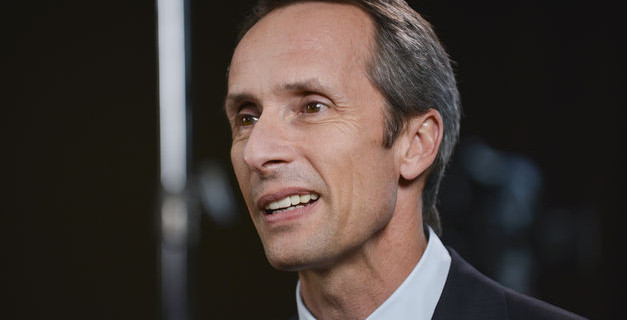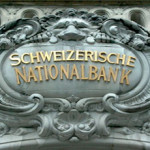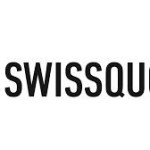Swiss Franc Trade Is Said to Wipe Out Everest’s Main Fund

Marko Dimitrijevic made a smart bet in December. The hedge fund manager, wagering the Swiss franc would fall, profited after voters there rejected a plan to have the central bank hold a fifth of its assets in gold.
For the $830 million Everest Capital Global, his Miami-based firm’s oldest and biggest fund, investments from Switzerland contributed 0.6 percentage points to gains that month. Last week, the wager had a far bigger impact. In less than a day, it wiped out the 24-year-old fund, according to a person familiar with Everest Capital, leaving the firm with about $2.2 billion in seven other funds.
Dimitrijevic, an emerging market specialist who’s navigated at least five debt crises in those markets, was undone by the central bank of the country where he was raised. Last week, the Swiss National Bank unexpectedly let the franc trade freely against the euro, ending its three-year policy of capping the franc at 1.20 a euro.
The announcement caught traders and investors globally offguard. The currency surged as much as 41 percent versus the euro on Jan. 15, the biggest gain on record, and climbed more than 15 percent against all of the more than 150 currencies tracked by Bloomberg.
Bank Losses
The carnage is widespread. Brokerage firms in New Zealand and the U.K. failed and retail investors have suffered hundreds of millions of dollars of losses on leveraged foreign exchange trades. Citigroup Inc., the world’s biggest currency dealer, lost more than $150 million, according to a person briefed on the matter.
Some mutual funds were also caught out. The $1.9 billion John Hancock Absolute Return Currency Fund (JCURX) tumbled 8.7 percent on Jan. 15, its steepest drop on record and the most among more than 2,000 U.S.-domiciled funds tracked by Bloomberg with at least $1 billion under management. The strategy is overseen by Dori Levanoni and Jeppe Ladekarl of First Quadrant, a Pasadena, California-based $19 billion investment firm that oversees other funds sold to retail investors and hedge funds.
Comac Decline
Comac Capital, a $1.2 billion hedge fund firm run by Colm O’Shea, declined about 8 percent that day. The London-based manager had already fallen 0.5 percent as of Jan. 9, according to an investor update, and has been little changed since 2012, when it declined about 9 percent.
Profits and losses for most of the hedge fund industry aren’t disclosed yet as managers typically give performance figures at the end of each month and don’t need to reveal the information outside of their investors.
For Everest, there was no option. The losses were so big they ended the fund.
Armel Leslie, a spokesman for Everest with Peppercomm, declined to comment on the losses. Calls to Dimitrijevic weren’t returned.
Dimitrijevic, who is of Yugoslavian descent, has suffered big declines before and rebounded.
He started his firm in 1990 with $8 million, according to an interview he did for Steven Drobny’s “Inside the House of Money” (Wiley, 2006).
Navigating Crisis
Everest grew to $2.7 billion by the start of 1998 after navigating crises in Mexico and Southeast Asia. Russia’s default and currency devaluation in August of that year proved trickier and assets fell by half. One of his funds lost 53 percent that month.
At the time, he wrote to investors that “the magnitude of the losses on the Russian debt and the speed at which they occurred were something that I have never encountered since I began working in professional money management 17 years ago,” BBC News reported then.
Assets Gain
He revived the firm and a decade later Everest was managing $3 billion. Then came 2008, and the global financial crisis. Assets shrunk by $1 billion as his wagers in emerging markets plummeted.
By the end of 2014, Everest was again at $3 billion, following a gain in his main fund of 41.2 percent in 2013 and 14.1 percent last year.
Even after last week’s miscalculation, Dimitrijevic still has a group of funds, mostly invested in emerging markets, including Argentina, Nigeria and Pakistan. These are likely to prove safer for him than Switzerland.
Source: Bloomberg – Swiss Franc Trade Is Said to Wipe Out Everest’s Main Fund




























